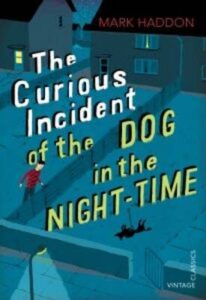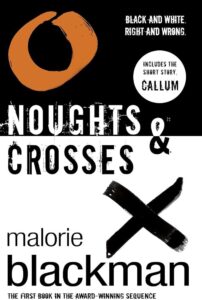St Mungo’s Academy going for Gold!
St Mungo’s Academy is a silver UNICEF Rights Respecting school meaning
a community where children’s rights are learned, taught, practiced, respected, protected, and promoted.
This year, the school is running for the Gold level.
It is granted by UNICEF UK to schools that have fully embedded children’s rights throughout the school in its policies, practice, and ethos, as outlined in the RRSA Strands and Outcomes (see Gold Forms and Guides).
The library is actively supporting and emphasizing children’s rights in its daily practice.
The school library supports and empowers diversity
Students need to see themselves in their school library. If they cannot see themselves represented in books or displays, if they are excluded from conversations or from participating in activities, they will feel invisible. The message they receive is that they are worthless and not important enough to be included. This impacts their self-worth and perceived value which, in turn, impacts their mental health and well-being. It is also important to recognize that some aspects of diversity, such as ethnicity or LGBTQ+, have more impact than others; these students are often subjected to bullying which further exacerbates poor mental health conditions.
Making diversity visible within the school library raises the profile of these students and sends a message to the whole school community. Reading about diverse characters increases empathy and understanding., and can be a starting point for further conversations. Having access to a range of resources that reflects different ways of life can provide positivity and inspiration.
In that sense, I conducted in 2021, a diversity audit to evaluate the inclusiveness of the collection. Factors considered included race, ethnicity, culture, sexual identity, gender, religion or belief, and disabilities (both visible and invisible). It was also important to include neurodiversity, special educational needs, and social class. Following by a stock audit and evaluation of the library environment measured against the needs of the students.
Today, the school library collections reflect the multiple identity markers of the school populations and reflect the diversity of experience and perspectives across the country and around the globe. The library ensures a more equitable and authentic representation in collections and provides more opportunities to learn from diverse perspectives.
But in order to maintain a culturally responsive, inclusive collection, I continuously assess both the fiction and informational texts available to pupils, classroom teachers, and families. Involving students and other educators in developing, auditing, and maintaining the collection not only builds a stronger more useful collection but also builds relationships.
Building relationships by respecting children’s rights
Relationships built in the library are based on pupil empowerment through:
-Library “storytelling for wellbeing” club: is an innovative way to bring pupils together from diverse settings. By sharing stories, young people have the opportunity to find new ways of expressing their emotional and mental health concerns. This will enable the young people to develop perspective and empathy, as well as the language to discuss emotional and mental health concerns. They realize that being a part of a minority group – in terms of disability, gender identification, ethnicity, race, and/or sexuality – that they are part of the library community, and that they have books, activities, and resources to engage and support them. They have a forum to fully express themselves in a non-judgmental environment, building their confidence and resilience, improving health and well-being, and strengthening their creativity, teamwork, writing, artistic, and language skills.
-Library assistants: pupils actively promote and display books that are inclusive of a diverse range of characters. We celebrate events throughout the year which allow for a diversity of titles and types of books to be displayed without calling them “diverse books” – e.g. Black History Month, International Women’s Day, Chinese New Year, etc.
Our school library is a safe place where children’s rights are the core of its activity. We celebrate, value, and aim to support each and every pupil by building strong relationships. It is the key to a successful school library program ensuring that the diverse collection is used in the service of student learning.
So let’s go for the GOLD St Mungo!! *Fingers crossed*

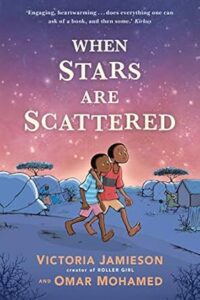 Eleven-year-old Omar lives with his little brother Hassan in Dadaab, a refugee camp in Kenya. They’ve been there for seven years now, waiting for the civil war in Somalia to end so that they can go home to the family farm and try to find their parents.
Eleven-year-old Omar lives with his little brother Hassan in Dadaab, a refugee camp in Kenya. They’ve been there for seven years now, waiting for the civil war in Somalia to end so that they can go home to the family farm and try to find their parents.
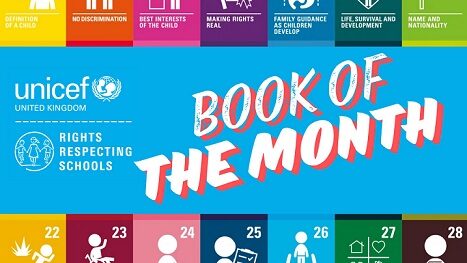
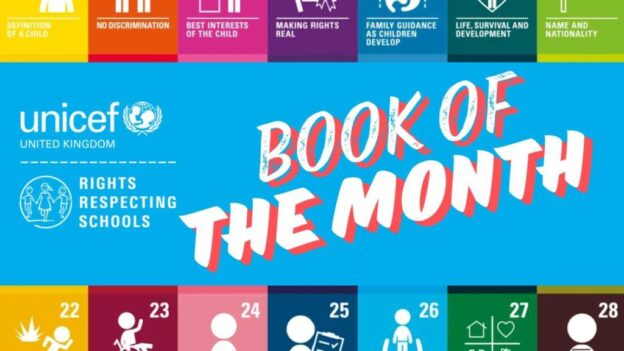
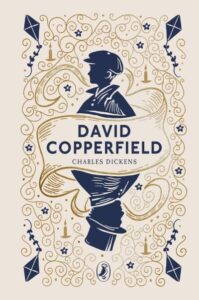
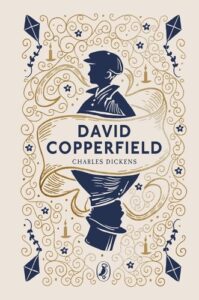
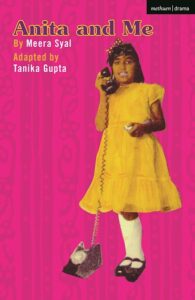
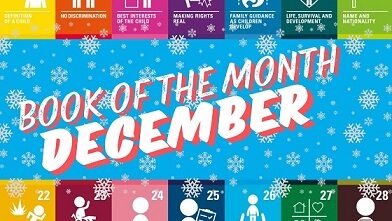
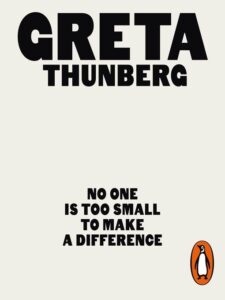 In 2018, a 15-year-old Swedish girl started a global movement for action against the climate crisis.
In 2018, a 15-year-old Swedish girl started a global movement for action against the climate crisis. 
